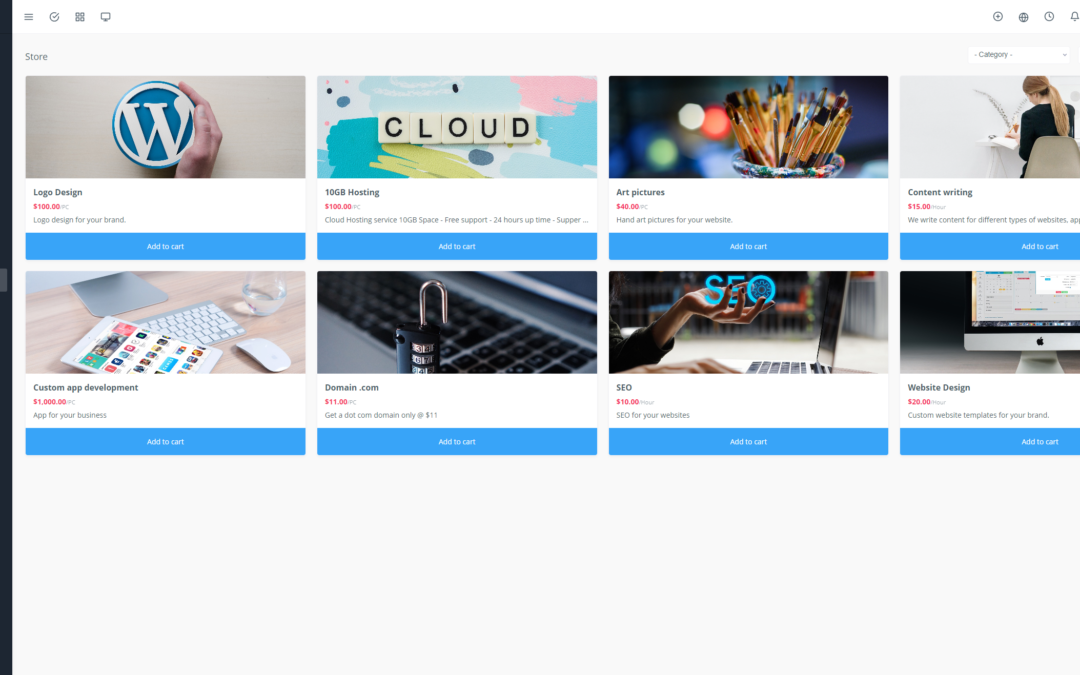CRM (Customer Relationship Management) APIs have become a crucial element for businesses seeking to optimize their operations and deliver an exceptional customer experience. But how do you navigate this jungle of APIs and trends? 🚀
1. The Rise of CRM APIs: A Paradigm Shift
CRM APIs have seen exponential growth in recent years, and for good reason! They empower businesses to connect their CRM systems with other applications, develop custom features, and automate complex business processes.
2. The Importance of CRM APIs for Integration
CRM APIs play a critical role in integrating a business’s systems. They enable data synchronization between different platforms, automate repetitive tasks, and optimize workflows.
3. Current Trends in CRM APIs
The world of CRM APIs is evolving rapidly, and several key trends are emerging:
RESTful vs. GraphQL APIs: RESTful APIs are the most prevalent, but GraphQL offers increased flexibility for data retrieval.
Headless CRM APIs: These APIs provide greater freedom to design custom interfaces, independent of the underlying CRM.
Microservices and CRM APIs: The trend towards microservices favors the use of CRM APIs to connect independent services.
Business Process Automation via CRM APIs: APIs enable automation of tasks such as lead creation, contact management, and marketing campaign dispatch.
AI Integration in CRM APIs: AI is being used to enhance personalization, prediction, and automation in CRM APIs.
4. Security and Data Privacy of CRM APIs
Data security and privacy are paramount. It is essential to choose CRM APIs that offer robust data protection and implement strict access policies. 🔒
5. Managing Access and Permissions for CRM APIs
Fine-grained access permission management for CRM APIs is necessary to ensure data security and compliance with regulations.
6. CRM APIs for Data Analytics
CRM APIs allow you to retrieve real-time data and analyze it to gain valuable insights into customers and performance.
7. CRM APIs for Customer Experience Personalization
CRM APIs facilitate customer experience personalization based on each user’s preferences and interactions.
8. CRM APIs for Marketing Automation
CRM APIs automate marketing campaigns, allowing you to target the most relevant customers and improve the effectiveness of marketing efforts.
9. CRM APIs for Sales and Customer Service
CRM APIs enhance sales and customer service processes by facilitating communication, contact management, and interaction tracking.
10. The Evolution of CRM APIs to Low-Code/No-Code Platforms
Low-code/no-code platforms enable the creation and integration of CRM APIs without extensive development skills, making access to the technology more accessible.
11. The Impact of CRM APIs on User Experience
CRM APIs contribute to a seamless and personalized user experience by connecting different systems and automating processes.
12. Yoneos: Your Ally for CRM API Integration
Yoneos is a platform that simplifies CRM API integration and offers a range of features to manage and leverage your CRM APIs. Here are some key benefits:
Compatibility with Popular CRM APIs: Yoneos is compatible with leading CRM systems on the market.
CRM API Management Features: Yoneos allows you to manage permissions, configurations, and connections for CRM APIs.
Diverse Use Cases: Yoneos offers integration solutions for numerous use cases, from business process automation to customer experience personalization.
Conclusion
CRM APIs have become indispensable for businesses looking to stay competitive and improve their customer experience. By leveraging the latest trends and relying on solutions like Yoneos, you can unlock the potential of CRM APIs and propel your business towards success. 🚀

